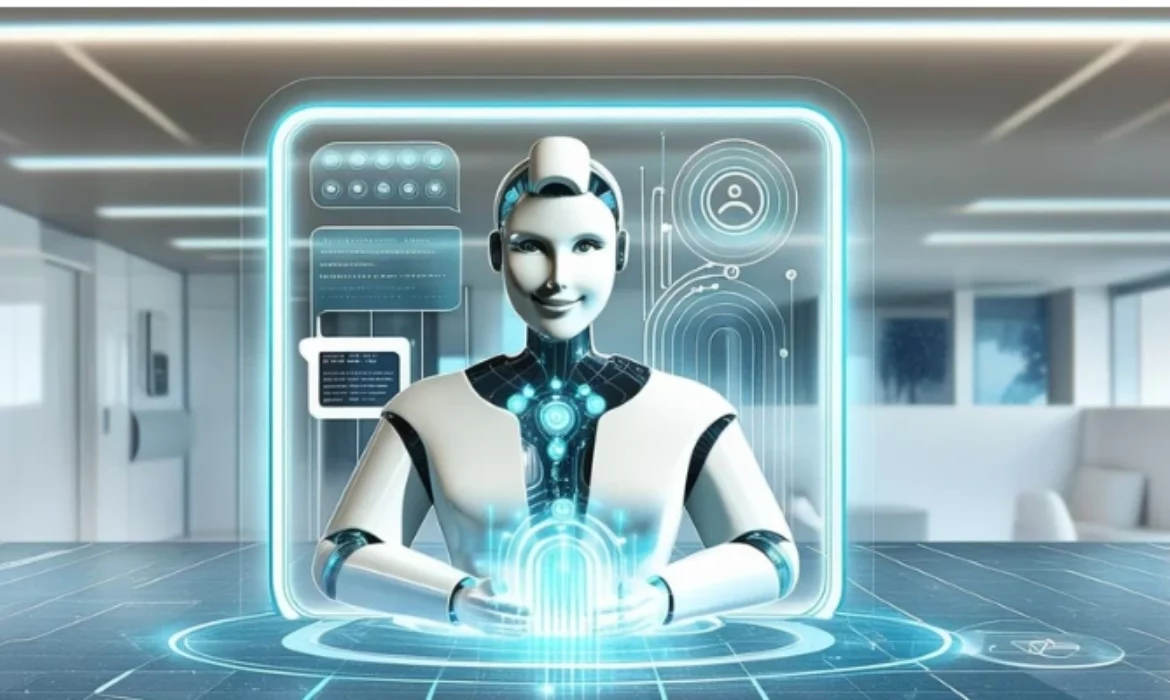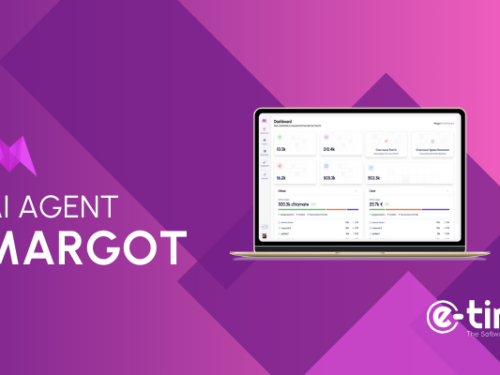E-time | the software company
What are AI Agents and how do they work
AI agents are software programs capable of autonomously understanding and responding to user requests or performing tasks on behalf of individuals or other systems. They make decisions based on data and natural language processing (NLP).
In most cases, AI agents utilize large language models (LLMs), which enable them to process and analyze data from various sources. They leverage external tools such as APIs, online searches, and databases to access up-to-date information and optimize their performance.
AI agents continuously improve by learning from each interaction. This ongoing learning process allows them to refine their capabilities and adapt to the evolving needs of users.
What is an Chatbot
A chatbot is a software application designed to simulate written or spoken interactions with users. Traditional chatbots primarily provide predefined responses to a limited set of questions. Since they lack natural language comprehension, they are often rigid and struggle to adapt to user needs.
More advanced chatbot versions incorporate techniques such as natural language processing (NLP) and natural language understanding (NLU). These advancements have made chatbots more sophisticated, enabling them to better understand and respond to user intent.
Today, chatbots are widely used across various industries, from customer support to business automation, with the goal of providing instant responses, streamlining processes, and enhancing the user experience.
The main differences between AI agents and chatbots
When comparing AI agents and chatbots, fundamental differences emerge in how they interact with users. These distinctions can be categorized as follows:
- Understanding User Intent
Traditional chatbots operate based on predefined rules and standardized responses, relying on keyword recognition and offering only a limited understanding of context and language nuances.
Conversely, AI agents utilize advanced language models to analyze user intent and context more deeply, enabling smoother and more natural interactions. - Learning Capability
AI agents can learn from interactions and continuously improve over time, evolving through experience and new information.
Traditional chatbots, on the other hand, lack autonomous learning capabilities and require manual updates to handle new queries or workflow modifications. - Handling Complex Tasks
Chatbots are effective in executing simple, repetitive tasks but struggle with managing more complex and multi-step requests.
AI agents, however, are designed to tackle complex problems, make informed decisions, and, in some cases, act autonomously. - Personalization and Context Awareness in Interactions
AI agents can tailor responses based on interaction history and user preferences, providing a more personalized experience.
In contrast, traditional chatbots offer minimal personalization, typically relying on basic information without considering past interactions.
How to use AI Agents in customer support
The integration of AI agents in customer support is transforming service management, making it faster, more accurate and personalized.
Here are some examples where their use is particularly effective:
- Personalized Support
Thanks to memory of past interactions, AI agents can offer personalized responses by using customer preferences and adapting solutions to their specific needs. - Intelligent Request Routing
AI can automatically and in real-time assign requests to the most appropriate departments, reducing wait times and optimizing the use of company resources. - Conversation Analysis and Continuous Improvement
AI agents analyze interactions to improve the responses provided, identify common issues, and optimize customer service.








